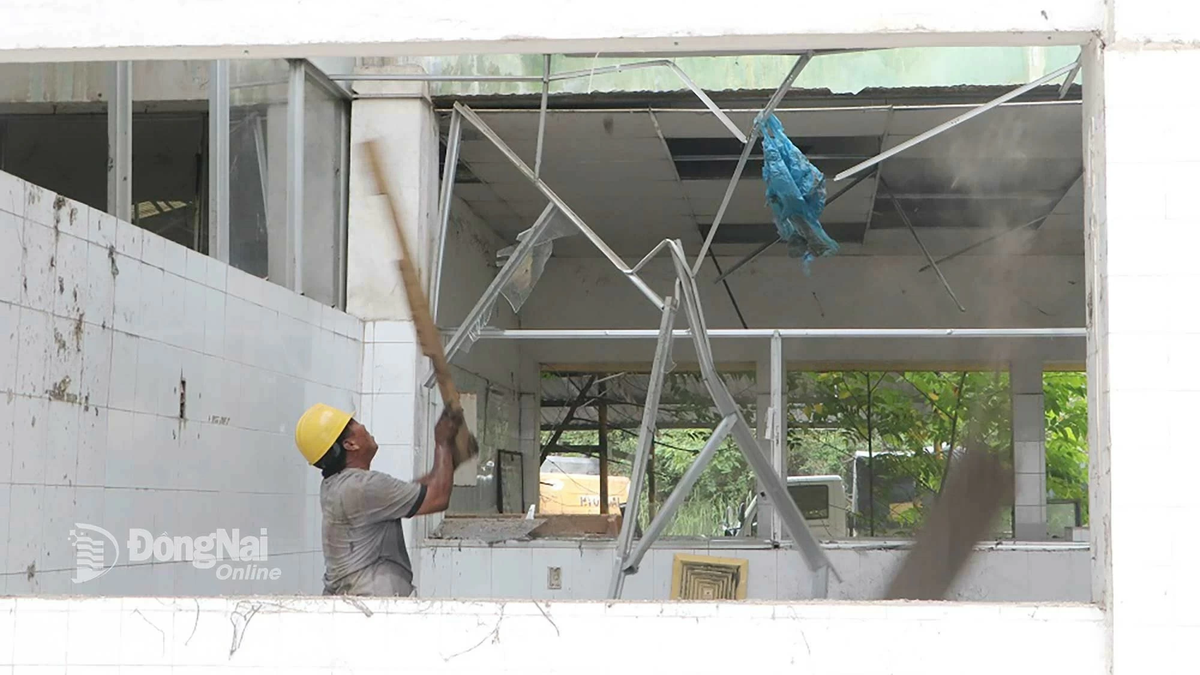During his lifetime, Marx had many scientific works that deeply summarized the entire history of mankind, both natural sciences and social sciences, especially research on socio- economic forms (SE) - a valuable doctrine that created the lasting vitality of Marxism.
The theory of socio-economic forms was explained by Marx in philosophy, political economy and scientific socialism. Based on historical practice, Marx pointed out that the dialectic of human social development is the history of the emergence, development and replacement of socio-economic forms from low to high, which are: primitive communism; slave ownership; feudalism; capitalism; communism.
Marx's point of view clearly stated: "I consider the development of socio-economic formations as a natural-historical process" (1) . Marx also pointed out that, under specific conditions, a nation or country does not necessarily have to develop sequentially but can skip a certain step of history to reach a higher socio-economic formation. That is the specific natural-historical process.
Marx believed that the law of conformity of production relations with the level of development of productive forces is the overarching law that governs all forms of socio-economic life. In his work “The Poverty of Philosophy” (1847), Marx affirmed: “Social relations are closely linked with productive forces. By acquiring new productive forces, mankind changes its mode of production, and by changing its mode of production and its way of earning a living, mankind changes all its social relations. The hand-mill gives rise to society with feudal lords, the steam-mill to society with industrial capitalists” (2) .
When a new socio-economic form is born, it will create the ability to liberate and develop productive forces to a new level compared to the old socio-economic form, while at the same time building and increasingly perfecting new suitable production relations.
Marx's theory of socio-economic formation also outlines the organic relationship between the infrastructure and the elements of the superstructure; analyzes and points out that in the capitalist era, "the bourgeoisie not only forged the weapons that would kill it; it also created the people who would use those weapons against it, the modern workers, the proletarians" (3) .
Up to now, the theoretical principles presented by Marx in his theory of socio-economic forms have not been fully proven in practice, but there is no other more scientific explanation than Marx's theory.
Nowadays, some bourgeois theorists and politicians mainly rely on the events that took place at the end of the 20th century in the Soviet Union and Eastern European countries to deny Marx's theory of socio-economic forms. They put forward views that: Marx's theory is "one-sided and imposed"; "only considers things and phenomena in a dichotomous way"; takes the contradictions of opposites as the driving force for social development. They also put forward extremely unscientific and reactionary arguments, claiming that "when the socialist model collapses, the theory will collapse too".
In capitalist countries, there are people who advocate Alvin Toffler's (American futurist) theory of social development based on three civilizations: agriculture, industry and post-industrial. Taking advantage of the serious crisis of real socialism, hostile forces and opportunists focus on attacking and refuting individual arguments of Marx's theory on socio-economic forms...
It must be affirmed that all viewpoints and arguments refuting Marx have bad intentions, aiming to refute Marx's theory of socio-economic forms. When building his theory, Marx conducted scientific research and summaries of both theory and practice very carefully and seriously. He applied dialectical materialism to the study of human development history and affirmed that it is a historical-natural process; pointing out that the world is the unity of opposites, always moving and developing in space and time. Marx's theory of new socio-economic forms made the first predictions and development directions of the future communist society, because in Marx's time, the material-technical premises for communism had not yet appeared.
However, many international communist and workers' parties have been dogmatic, subjective, rigid, and voluntaristic when applying Marx's theory to the reality of their countries. Therefore, the collapse of the socialist model in the Soviet Union and Eastern Europe is completely explainable on scientific and revolutionary grounds, and cannot be considered a crisis of socialist ideology, and even less can it be considered as evidence of the error of Marx's theory on socio-economic forms.
Currently, humanity is in the Fourth Industrial Revolution, which has a profound impact on the economic, political and social life of the world. With a scientific and objective spirit, we need to research and exchange to continue to develop and creatively apply Marx's theory on socio-economic forms to build aspirations and visions for the development of realistic socialism in our country.
Colonel, Master NGUYEN DUC THANG
--------
(1). K.Marx and F.Engels: Complete Works; National Political Publishing House; Hanoi, 2002; vol.23, p.21
(2). K.Marx and F.Engels; ibid; vol.4, p.187
(3). K.Marx and F.Engels; ibid; vol.4, p.605
Source
























































![[Maritime News] Container shipping faces overcapacity that will last until 2028](https://vphoto.vietnam.vn/thumb/402x226/vietnam/resource/IMAGE/2025/7/30/6d35cbc6b0f643fd97f8aa2e9bc87aea)













































Comment (0)